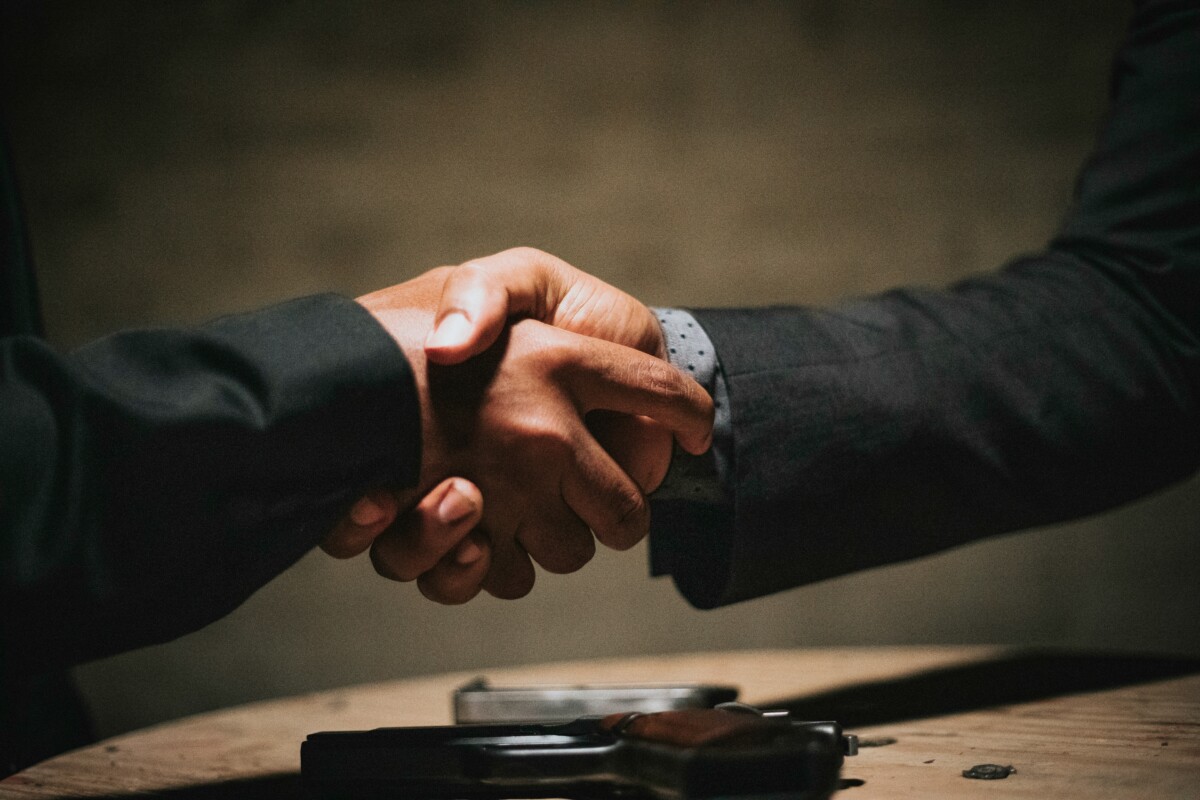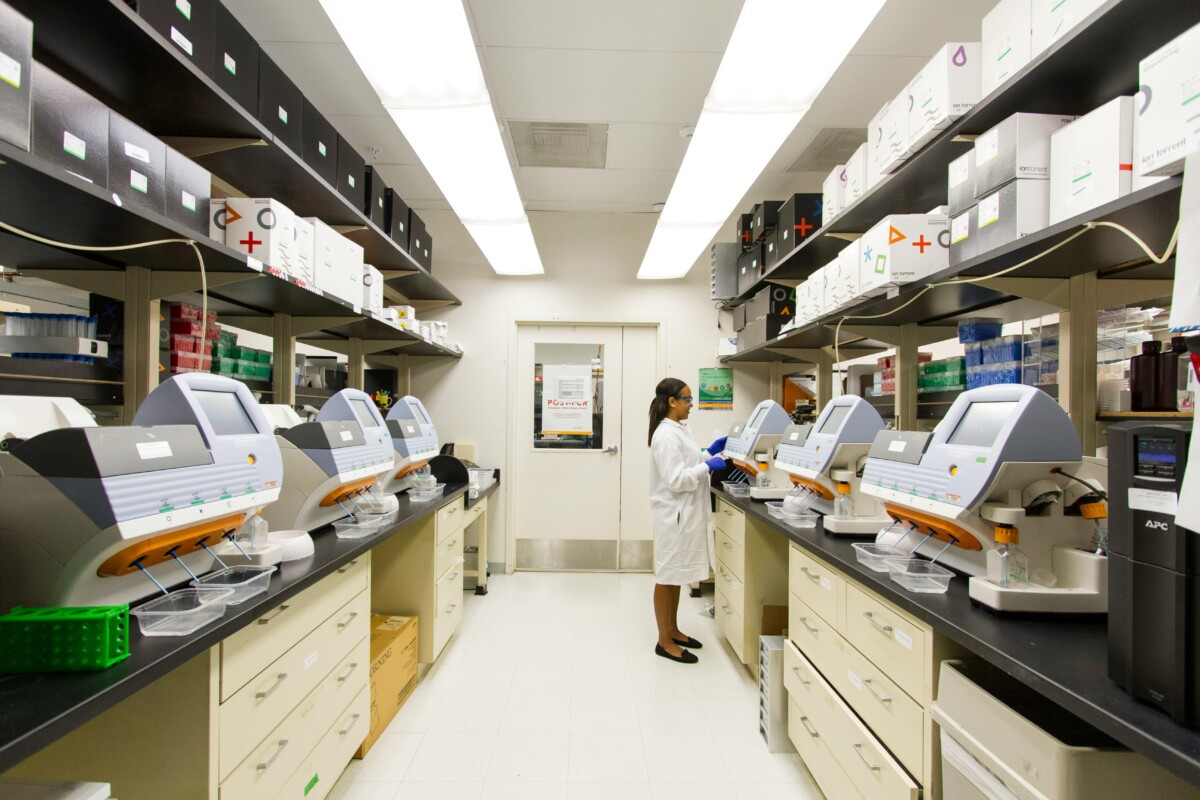
Why Independent Verification Is the Backbone of Honest Sustainability Communications.
Date: June 2025
Read time: 4 mins
Author: The Anti-Greenwash Charter

In the crowded, confusing world of sustainability marketing, words are cheap. Labels, certifications, and green claims flood product packaging, websites, and advertising—yet trust is in short supply.
Why? Because without independent verification, even the boldest sustainability statement is just that—a statement.
At The Anti-Greenwash Charter, we believe claim verification isn’t just a regulatory checkbox—it’s the cornerstone of credible sustainability communications. It’s how responsible brands prove they’re walking the talk. And it’s how consumers, investors, and regulators separate genuine action from greenwashing.
The Role of Third-Party Verifiers: Trust, Not Just Ticking Boxes
In an ideal world, all environmental claims would be substantiated, clearly communicated, and transparently backed by evidence. But in reality, too many organisations rely on vague language or internal assessments that lack rigour.
This is where independent, third-party verifiers come in.
By providing objective assessments, recognised certifications, and evidence-based validations, they bring accountability to sustainability communications. They ensure claims aren’t just legally compliant—but credible, specific, and trustworthy.
“We see claim verification as a critical layer of defence against greenwashing,” says Charlie, CEO of The Anti-Greenwash Charter. “It takes sustainability from marketing spin to measurable fact.”
Examples of Third-Party Verifiers We Respect
While the sustainability verification landscape is vast—and quality varies—not all verifiers are created equal. At the Charter, we encourage signatories to work with trusted, recognised organisations that uphold high standards for credibility.
Here are just a few we believe are making a meaningful contribution:
✅ The Carbon Trust
Respected for its rigorous lifecycle assessments and carbon footprint verification, the Carbon Trust plays a key role in demystifying emissions claims.
✅ Forest Stewardship Council (FSC)
FSC certification remains one of the most recognisable—and credible—marks for responsibly sourced forest products.
✅ TÜV Rheinland & Similar Accredited Testing Bodies
Known for independent product testing, TÜV Rheinland and similar bodies provide reliable verification, particularly in manufacturing and materials.
✅ The Soil Association & Organic Certifiers
In agriculture and food, certification bodies like the Soil Association offer clear, third-party standards for organic claims.

What Makes a Good Verifier?
When assessing third-party organisations, we look for:
✔ Independence: Are they truly impartial?
✔ Transparency: Are their methodologies and standards publicly available?
✔ Global Recognition: Do regulators, NGOs, and consumers respect their work?
✔ Rigour: Do they demand measurable, evidence-based substantiation?
✔ Ongoing Scrutiny: Do they adapt to evolving best practices?
Not every verifier meets these standards. Some are little more than “pay-to-play” green labels. That’s why brands must be selective—and why we’re committed to championing verification partners that uphold integrity.
Collaboration is Key: Let’s Strengthen the System Together
At The Anti-Greenwash Charter, we’re actively exploring how we can align more closely with respected third-party verifiers. Our aim? To create a stronger, more transparent ecosystem where responsible brands, verification bodies, and consumer expectations all move in the same direction.
In the coming months, we plan to:
🔹 Reach out to leading verification organisations to explore partnership opportunities
🔹 Develop clearer guidance for signatories on selecting credible verifiers
🔹 Celebrate brands that use robust third-party verification to substantiate their claims
“Sustainability isn’t a self-assessment exercise,” says Charlie. “We need independent voices—scientists, auditors, experts—helping brands get this right.”
The Future of Sustainability Communications Is Verified
Greenwashing thrives in the absence of scrutiny. But when brands embrace independent verification, they don’t just comply with regulations—they build trust.
We see claim verification as a vital part of the Anti-Greenwash Charter’s future—and the future of responsible sustainability communications as a whole.
If you represent a verification body aligned with these values, we’d love to connect. Because building credibility isn’t a solo project—it’s a movement.
Communicate with Confidence
If your organisation wants to protect its reputation, reduce greenwashing risk, and communicate sustainability with confidence, we’d love you to join us.
📢 Become a signatory of The Anti-Greenwash Charter.
Shape the future of responsible communication and show stakeholders what honest, trusted sustainability leadership looks like.
